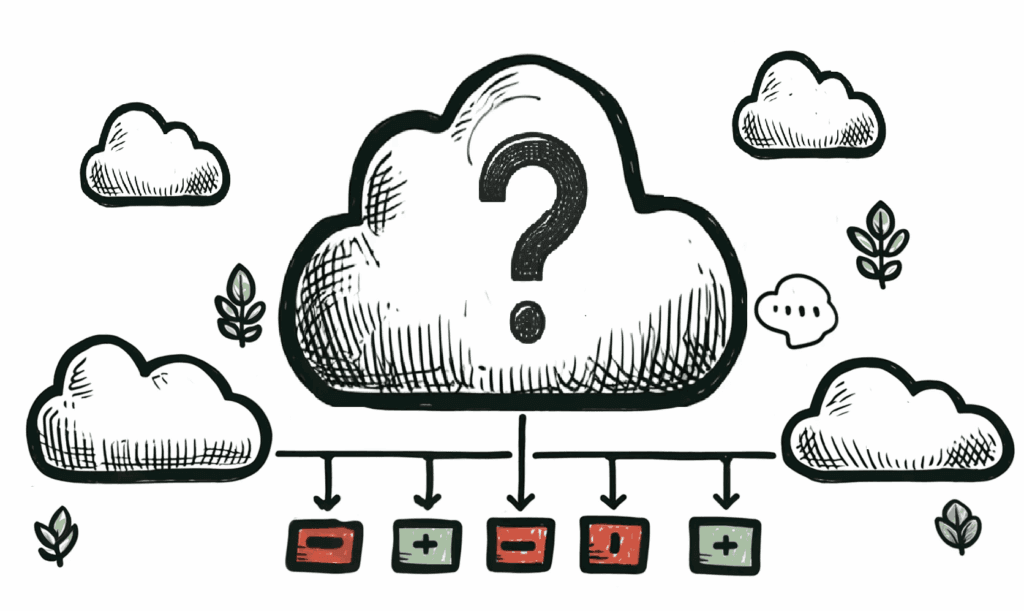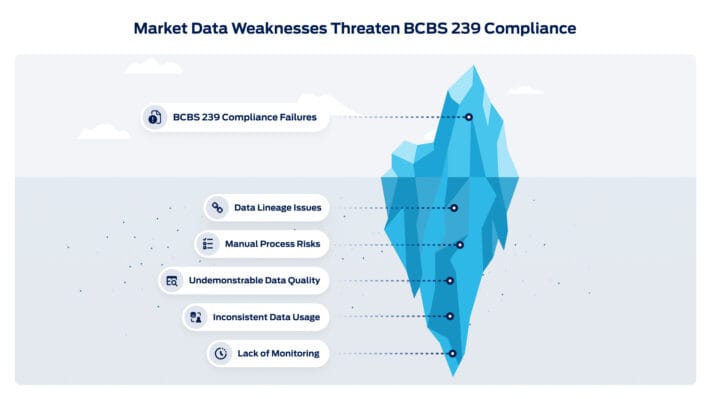FAQ on ESG Screening and ESG Data Management

Introduction
Environmental, Social, and Governance (ESG) Screening is becoming increasingly important in the financial industry. Where financial institutions previously managed many processes manually, they are now focusing on switching to platforms that can help them streamline operations. Investors and institutions are focusing on sustainable and ethical investments, making ESG Screening and data management critical. In this FAQ blog, we will address common questions regarding ESG Screening and data management based on our experience at BIQH.
Questions covered in this article:
What is ESG Screening?
ESG Screening evaluates investment options based on their environmental, social, and governance practices. This helps investors identify companies and instruments that align with their sustainability values and reduces risks associated with poor ESG performance. The process involves collecting and aggregating various types of data at both the issuer and instrument levels, including EET data, hard exclusion lists, and ESG data from various providers. Examples of criteria are carbon footprint, labour practices, board diversity, and corporate governance standards.
For financial institutions, this means they can set specific ESG criteria in collaboration with market data management providers, using multi-layered business rules. If the screened assets do not meet these criteria, their clients will not be allowed to invest in them. This ensures that investments align with both regulatory requirements and the sustainability goals of the bank’s clients.
For more details, visit our ESG Screening Solution.
Why is ESG Screening important for financial institutions?
ESG Screening is crucial for financial institutions for several reasons. It aids in risk management by identifying potential risks associated with poor ESG practices, thereby protecting investments from unforeseen issues. Financial institutions facilitate their clients in aligning their investments with ESG criteria, ensuring that investments meet ethical and sustainability goals and promoting ethical investment. Regulatory compliance is another significant aspect, as ESG Screening helps financial institutions comply with increasing regulatory requirements.
Additionally, financial institutions have their own policies regarding which investments they allow their clients to engage in, ensuring adherence to both regulatory requirements and internal sustainability standards. Furthermore, financial institutions face significant reputational risks if they or their clients invest in companies or countries with poor ESG practices. Avoiding adverse media coverage is essential to maintain a positive reputation.
Finally, ESG Screening meets the growing demand from investors for transparency and accountability in corporate practices, which is essential in today’s market environment. Therefore, a robust ESG screening process is essential to safeguard their reputation.
What are the key challenges in ESG Data Management?
ESG data management presents several challenges for financial institutions. One primary issue is the lack of standardization due to diverse data sources. Many firms face what we refer to as ‘Market Data Spaghetti‘, a complicated mix of data supplied by various vendors to different departments, resulting in tangled and complex data flows. Each vendor uses unique identifiers, complicating ESG Screening. Firms need an ESG Data Management Solution to streamline and standardize these datasets, simplifying data management and supporting better investment decisions.
Another major challenge is data quality assurance; ensuring the accuracy and reliability of ESG data is crucial but challenging due to varying data quality from different providers. Regulatory compliance requires keeping up with evolving regulations like SFDR, necessitating timely and accurate data submissions. Data integration is also complex, as it involves harmonizing ESG data with existing financial systems, impacting decision-making and reporting processes. Additionally, managing the volume and velocity of data, ensuring operational efficiency, and controlling costs associated with data acquisition and handling are critical concerns.
For a deeper dive into these challenges, check out our article 7 Challenges of ESG Data Management.
How does BIQH help financial institutions with ESG Screening?
BIQH automates and streamlines the ESG Screening process. Our platform integrates ESG data from various vendors, applies multi-layered business rules, and delivers consistent and reliable ESG insights. This assists financial institutions to:
- Maintain compliance with evolving regulations: BIQH helps financial institutions stay compliant by automatically updating and adhering to the latest regulatory requirements.
- Provide reliable and validated data: Our platform ensures financial institutions can demonstrate qualitative data to their clients and investors by validating and normalizing data from multiple sources, which is crucial for accurate ESG assessments.
- Eliminate manual errors and enhance efficiency: By automating the data collection and screening processes, we eliminate the risk of manual errors and increase operational efficiency.
Financial institutions can use BIQH ESG Screening as a pre-screening tool to evaluate third parties on their ESG policies, which is also highly beneficial. This allows financial institutions to ensure their vendors and partners meet sustainability criteria, mitigating potential risks and ensuring alignment with ESG standards.
How can financial institutions optimize their ESG Screening processes?
Financial institutions can optimize their ESG Screening processes by integrating multiple data sources for a comprehensive view of ESG metrics. Automation is key, as implementing business rules to automate ESG compliance and reporting eliminates manual errors and improves efficiency. Additionally, using ESG screening to pre-screen third parties ensures vendors and partners meet sustainability criteria, mitigating risks and ensuring alignment with ESG standards.
Why choose BIQH for ESG Screening and Data Management?
Choosing the right partner for ESG screening and data management is crucial. At BIQH, we excel in mapping diverse data sources to provide comprehensive and accurate ESG insights, ensuring alignment with sustainability goals and regulatory requirements.
Our platform can be customized to meet your specific business rules, incorporating your unique requirements into our system. Additionally, the BIQH ESG Screener’s excellence is recognized by the ESG Insight Award 2024. Learn more about this achievement on our Spotlight on BIQH page.
Conduct thorough research and choose a provider that meets your needs. ESG screening and data management are increasingly important, and selecting the right partner is vital. For more information, visit our ESG Screening Factsheet.
What are the trends in ESG Data Analytics?
Trends in ESG data analytics are evolving rapidly. Advanced analytics uses algorithms and machine learning for predictive analytics and risk assessment, enabling proactive decision-making.
Real-time data allows timely and informed decisions, crucial for compliance and meeting investor expectations.
Geospatial analysis helps institutions assess environmental impacts accurately, while scenario planning evaluates potential future risks and opportunities.
The integration of news data is crucial, particularly for quickly identifying adverse media, which indicates potential risks associated with investments.


